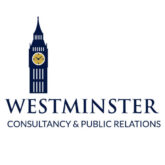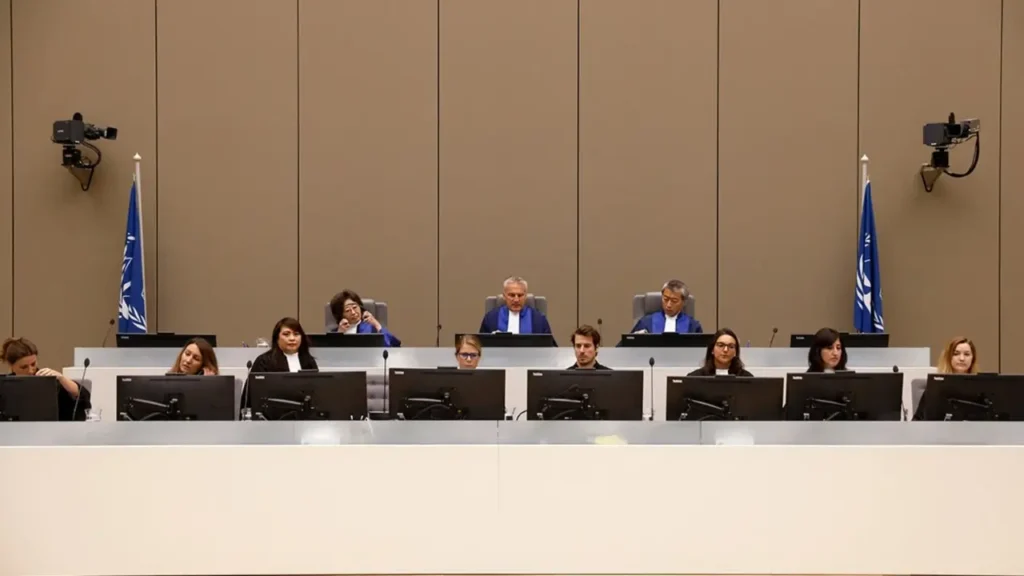Executive Summary
Conflict zones across the world continue to witness atrocities with limited accountability. Despite the establishment of the International Criminal Court (ICC) and ad-hoc tribunals, impunity remains widespread. Drawing on UN Human Rights Council reports, ICC filings, and analysis from the International Crisis Group, this brief outlines pathways for strengthening accountability mechanisms. For policymakers, NGOs, and communicators, the challenge is not only judicial but also reputational: demonstrating that justice is possible is central to restoring public trust in international law.
Introduction
Accountability for war crimes is a cornerstone of global justice. Yet, enforcement gaps persist: powerful states resist jurisdiction, evidence-gathering is obstructed, and trials often take years. In this vacuum, perpetrators exploit the perception that international law is optional.
The reputational cost is severe. Communities lose faith in international institutions, and victims feel abandoned. For Westminster clients—whether advising governments, NGOs, or media partners—building and communicating accountability pathways is essential both for justice and for reinforcing the credibility of international governance.
Key Challenges
Jurisdictional limits: The ICC can only prosecute crimes committed on the territory of member states or referred by the UN Security Council.
Political obstruction: Veto powers in the Security Council frequently block referrals, undermining impartiality.
Evidence & access: In active conflicts, gathering verifiable evidence is difficult; journalists and NGOs often become de facto investigators at personal risk.
Impunity cycles: Without timely prosecutions, conflict actors perceive little deterrence.
Policy Recommendations
- Expand investigative capacity: Increase funding for UN-mandated fact-finding missions and strengthen partnerships with NGOs, journalists, and digital verification platforms.
- Bolster hybrid tribunals: Support regionally anchored courts (such as those used in Sierra Leone and Cambodia) to complement the ICC and build local legitimacy.
- Safeguard evidence collection: Promote standards for digital evidence admissibility, including metadata preservation and chain-of-custody protocols.
- Reform Security Council referral process: Explore procedural innovations to reduce veto abuse in atrocity crime cases, such as voluntary restraint agreements (e.g., the ACT group’s Code of Conduct)
- Strengthen communications: Ensure that accountability processes are explained to the public—justice must not only be done but also be seen to be done.
“Impunity is contagious—visible accountability is the strongest vaccine against future atrocities.”
Conclusion
Justice mechanisms cannot stop wars on their own, but they can shape behavior, deter future crimes, and provide victims with recognition. Strengthening accountability frameworks is therefore not only a legal necessity but a strategic imperative for stability and legitimacy.
At Westminster Consultancy, we argue that justice communication is as important as justice delivery. By helping policymakers, NGOs, and institutions convey progress clearly and credibly, we can turn accountability into a lived reality for communities worldwide.

